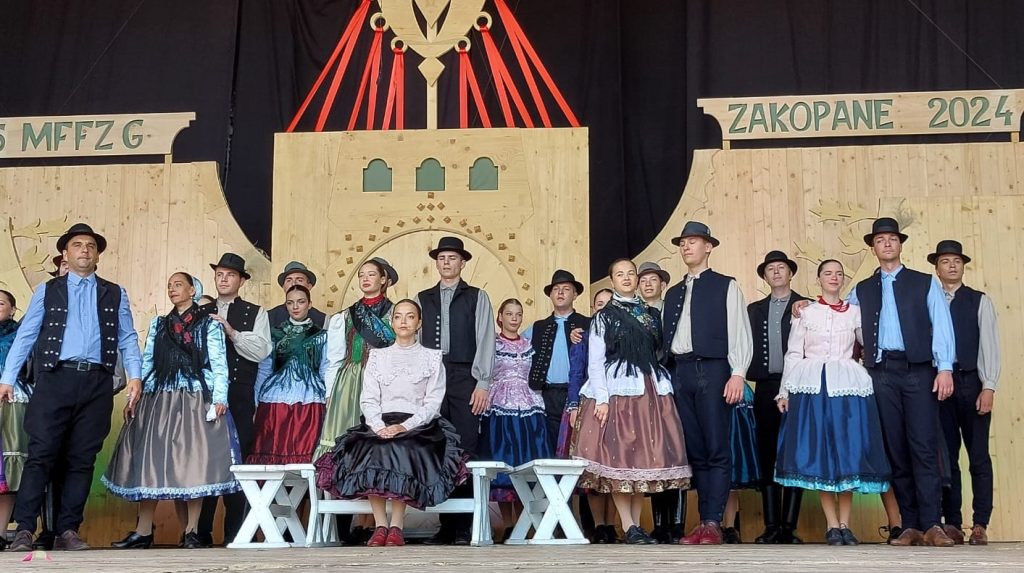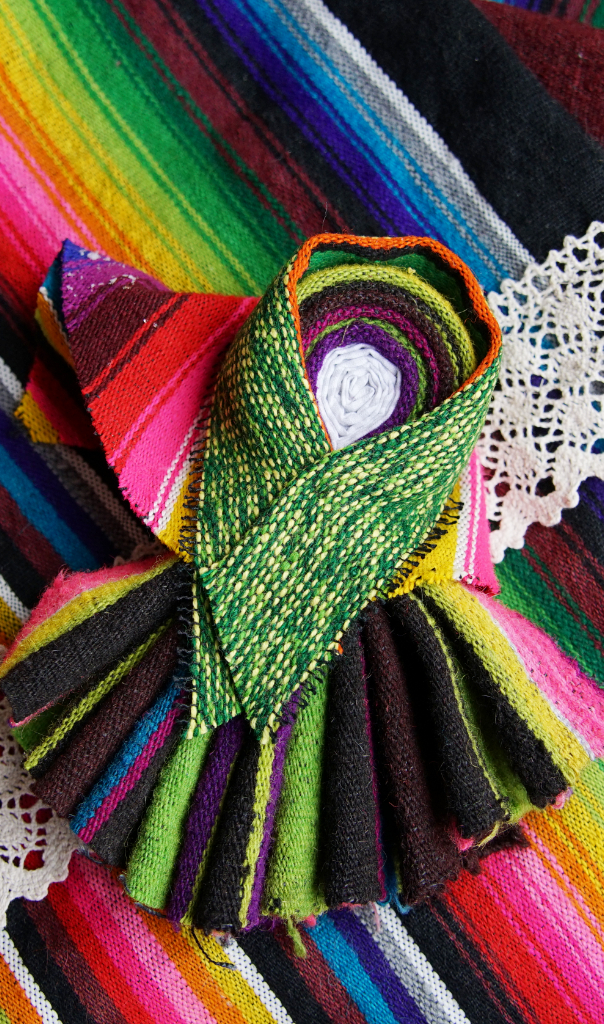The history of the festival dates back to the mid-1930s when the "Festival of the Mountains" was first organized near Giewont. The idea was revived after World War II in a modified form, and in 1968 it assumed an international dimension. Then, for the first time, in addition to Polish teams, groups from abroad were invited. Today the Zakopane competition is one of the more prestigious and recognized folklore events in the world. For the past more than half a century it has been attended by some 600 foreign groups from dozens of countries and more than 200 Polish groups.
Throughout this week, the Upper Krupowa Plain resounded with highland music from the Polish part of the Carpathian Mountains, Europe and the world. This year, bands from Slovakia, Hungary, Romania, Bulgaria, Kosovo, Slovenia, Serbia, Spain, Turkey, Mexico, Indonesia and Poland stood on the festival boards to compete for the "Golden Cupaga."
Although the weather, as it is in the mountains, played tricks, the event went well. The week-long competition of 15 bands was accompanied by numerous attractions such as the Podhale Championships in carriage driving, a parade through the streets of Zakopane, Exhibition of Podhale Sheepdogs, Folk Art and Handicraft Fair, Wladyslaw Trebuni Tutka Competition of Folk Bands, Instrumentalists and Singers and National Days. Two "Na Folkową Nutę" concerts were held, during which the audience's favorite bands Trebunie Tutki and Zakopower performed.
The culmination of the Festival was the announcement of the results, the presentation of awards and the final concert. Golden Ciupagi were won by the following ensembles: in the traditional category, the Authentic Folklore Ensemble from Topola, Bulgaria; in the artistically developed category, the "Escola De Música i Danses De Mallorca" ensemble fromMajorca, Spain; and in the stylized category, the "Alba Regia" Dance Ensemble from Hungary.
Nagrodę Narodowego Instytutu Kultury i Dziedzictwa Wsi przyznano zespołowi „Dolina Mszanki” dla młodego zespołu poszukującego i odtwarzającego tradycje górali zagórzańskich.
Elaborated. : RK
Photo: NIKiDW

